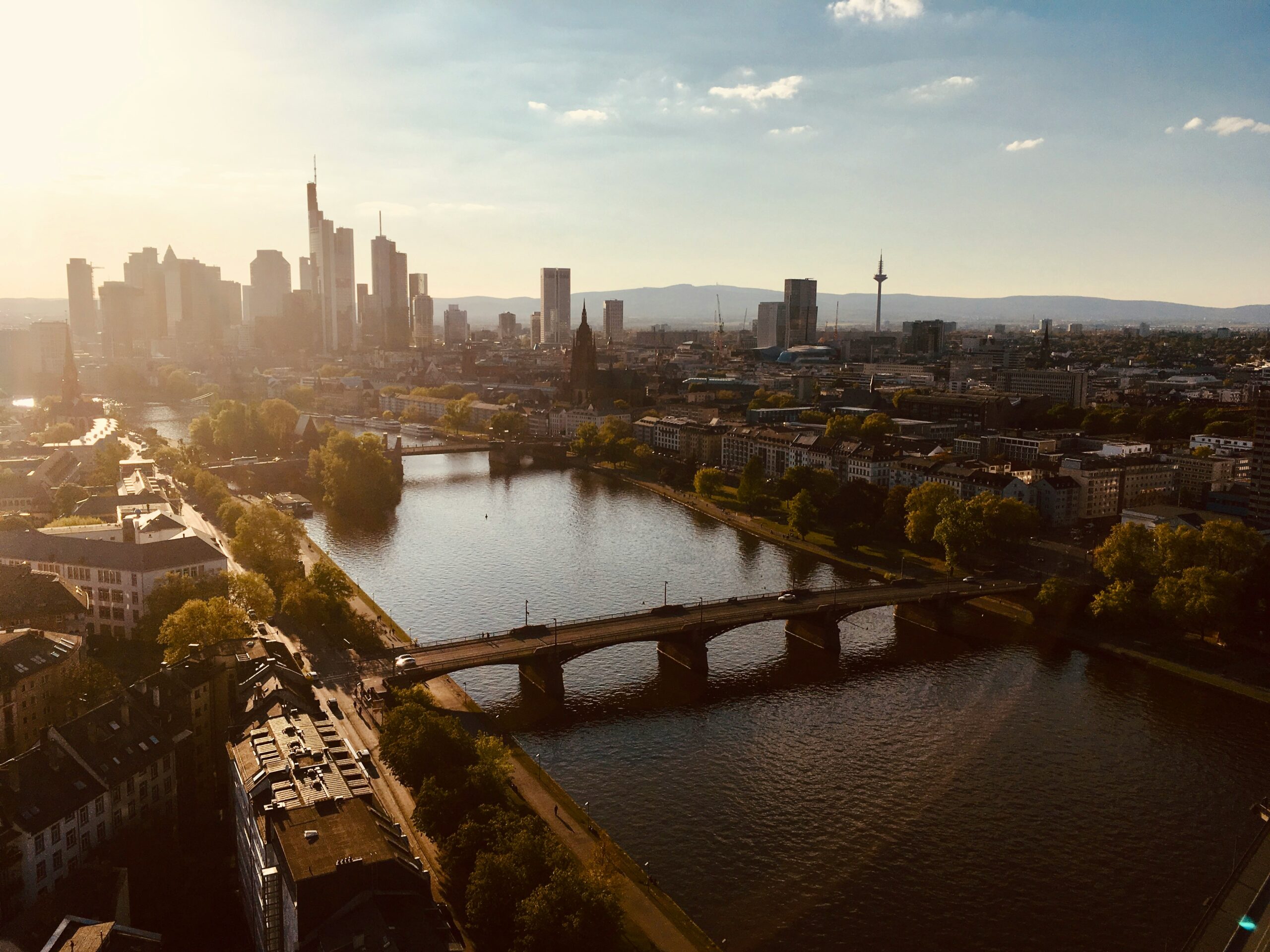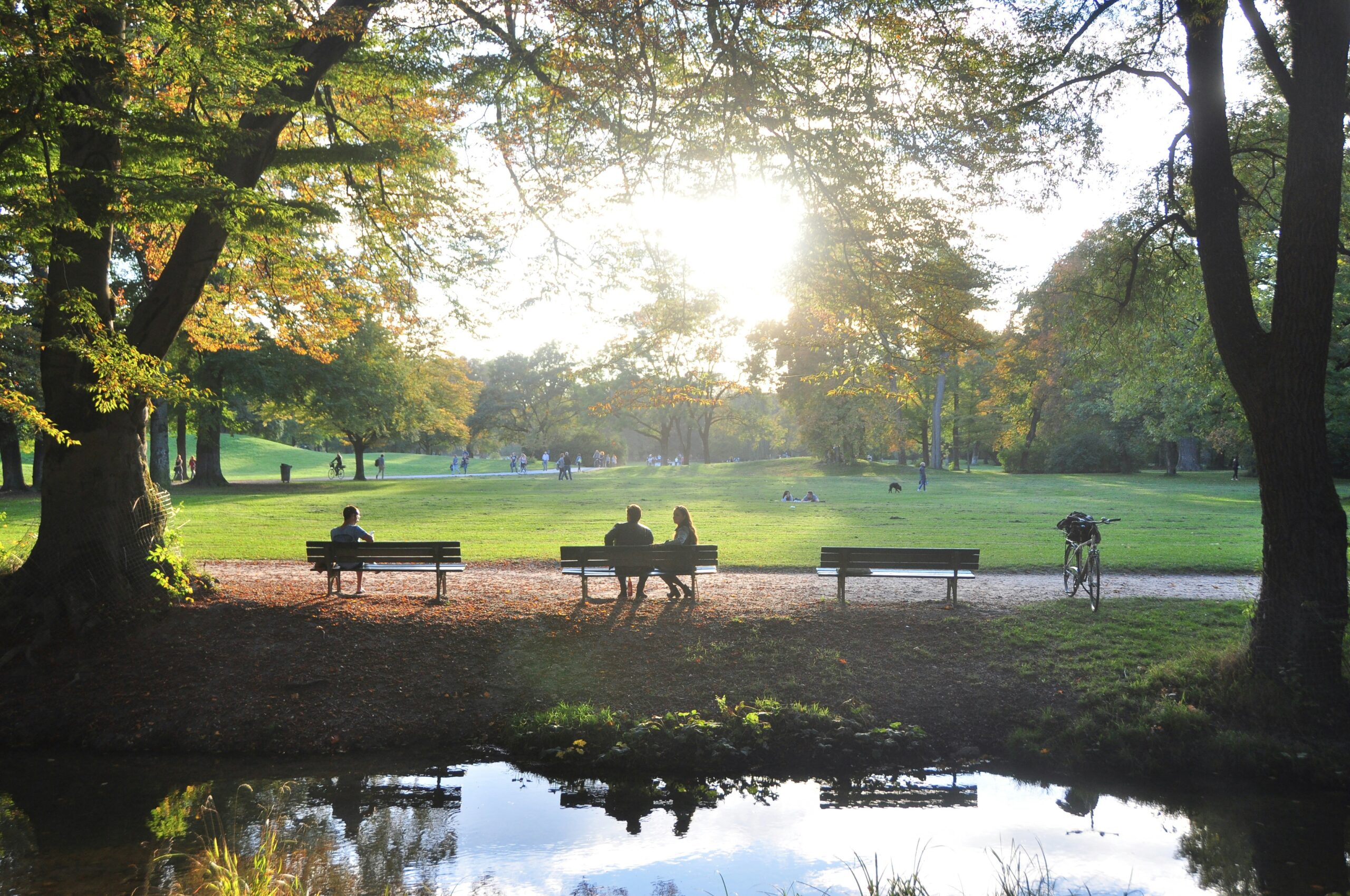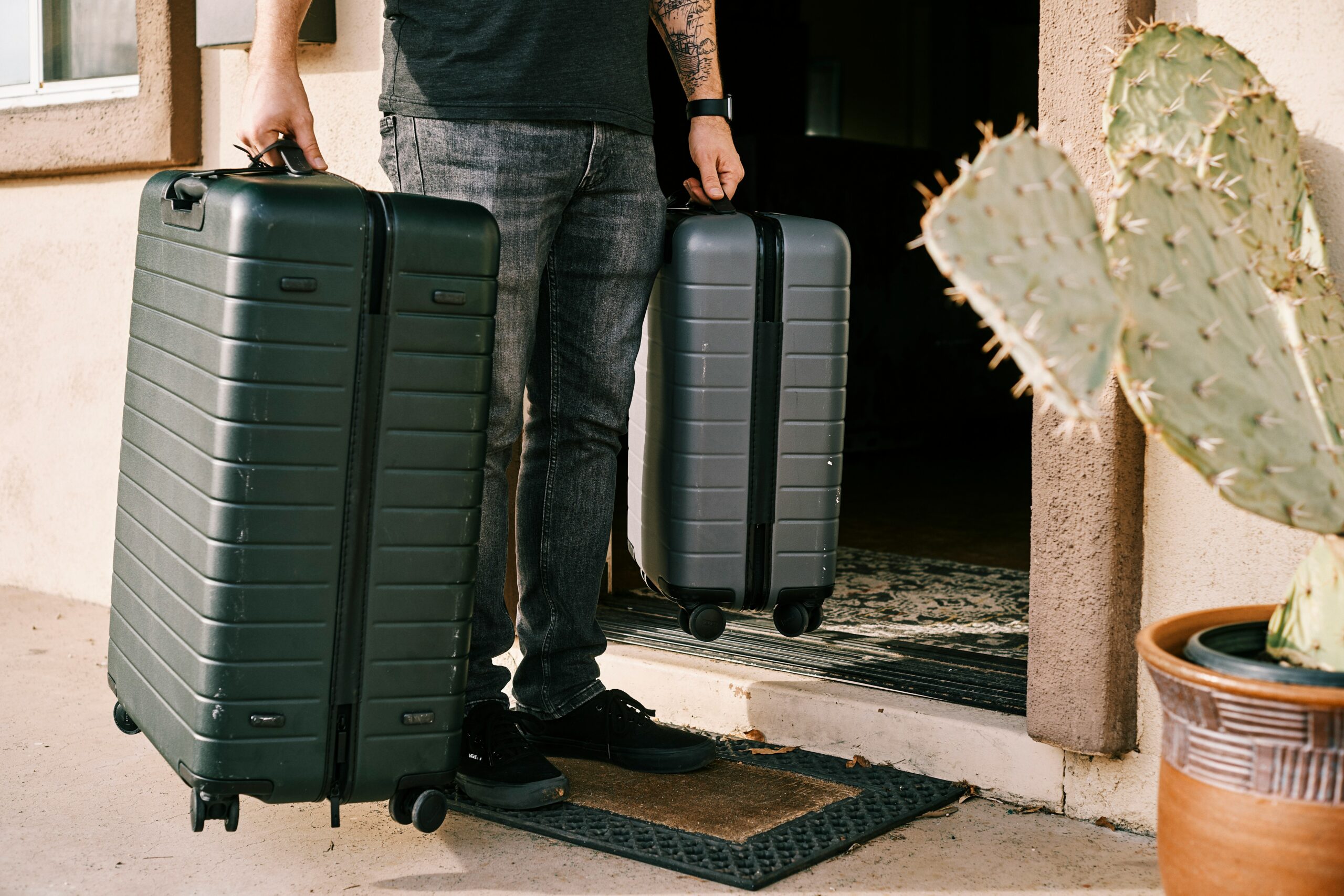- How do you find your long-term rental in France?
- Explore Neighborhoods in Person
- Rental Prices Vs. Your Budget
- Before Renting Hunt Begins
- Act quickly and be decisive
Finding an apartment in France is more like applying for a job. You have to make an impression on your potential landlord. No matter how much you adore the apartment, you won’t be able to stay there if the landlord doesn’t want to have you as a tenant. The French love paperwork, so being organized is the simplest way to impress them.
The landlord would most likely want to meet you in person because the French prefer to do business face-to-face. Even though there are reliable websites where you can browse available listings online, finding an apartment in France will eventually require you to be in France. That can mean traveling to France on one or more occasions before relocating.
By asking yourself the following questions, you can shorten the time you spend looking for an apartment: Is it furnished or not? Own an apartment or share a flat? Does your budget include charges or only rent? The cost of renting a property will vary depending on whether it is furnished or unfurnished, as furnished units cost about 20% more.
How do you find your long-term rental in France?
Book a temporary housing
It might be challenging for expats to secure an apartment before arriving in France. It would be safer to visit a place before committing to a rental agreement. Finding a long-term rental often takes around two to three weeks. For this reason, you can book short-term lodging with the possibility of extending, just in case. Renting a short-term rental, an Airbnb, or a hotel for a few weeks while looking for a place to live long-term is quite usual.
First Things First
1. You might not be aware of how crucial opening a French bank account is. Getting a French bank account should be the first item on your to-do list as soon as you receive your visa.
You already need a French address to open a bank account in France. Yes, you read correctly: opening a bank account requires having a place to live (“attestation d’hébergement” or proof of accommodation), and getting an apartment often requires having a bank account. Luckily, you can use a temporary address.
2. We’d also highly suggest calling versus emailing when aiming to set up a viewing.
3. Although having a conversation in French can be unnerving, it’s always better to give it a try and stumble through a call than not try at all.
Speak as much French as possible when contacting real estate agents and landlords; try to get a French phone number as well. If you are not yet fluent, ask a French native to assist you with making calls and reading the fine print on any paperwork.
Online Rental Platforms
Start looking around for a place to rent online. Check out rental websites, where you can connect directly with landlords, bypass agency fees, or browse through listings of apartments across the country.
Browsing the listings
You will be able to see listings from:
- Real estate agencies (“Agence immobilière“): They charge check-in/check-out inventory of fixtures fees;
-
Direct landlords (“Propriétaire“): They usually don’t charge any fees apart from the monthly rent.
You can find listings for:
- Entire place: the place is only for you.
-
Shared place (“colocation“): You share your place with roommates (“colocataires“).
Apartments can be rented:
- Unfurnished (“non meublé“);
-
Furnished (“meublé“).
At times, listings can be deceptive. Here are some tips to steer clear of scams:
- Avoid committing to a lease before inspecting the apartment in person; it’s wise to pass on the opportunity if you can’t view it.
- Don’t make any payments without signing the lease; scams usually involve money transactions.
-
Be cautious when sharing your documents; sensitive information, like your ID card or passport, can be exploited by others.
The best way is to go through a reliable platform such as Wunderflats to rent properties safely without being on-site.
All in all, the best mobile apps are Jinka, Seloger, Leboncoin, and Pap. Set up alerts in these apps based on your preferences to be the first to call and book a visit.
Local Facebook Groups and Forums
If you find the websites overwhelming, another helpful option is to connect with the expat community in France, who frequently discuss and share experiences within their circles and on expat Facebook groups. You can start by using social media as a tool in the apartment hunt. Facebook groups and expat forums like Expatica, Internations, France Expats, Expat Community for Americans in France, British Expat forum, and Paris Aussie Meetup are brimming with expats and locals sharing rental opportunities and tips.
Real Estate Agencies
A real estate agency earns a fee for every transaction. There’s typically no cost for viewing apartments. You definitely want to schedule viewings at agencies located in the areas you’re interested in living. However, avoid agencies that require upfront payment just to access their property listings or contacts.
While it may involve agency fees, it can save you time, especially if you’re new to the rental market. That said, some agencies specialize in assisting expatriates. They provide services in English and French, which can be really helpful if your proficiency in French is somewhat limited.
Explore Neighborhoods in Person
After exploring the areas surrounding the listings using Google Street View, you can pinpoint the exact neighborhood you want to live in.
However, be sure to visit the neighborhoods you’re considering. While an apartment may seem perfect online, the actual neighborhood might not meet your expectations.
Look for nearby supermarkets, public transportation options, schools (if needed), and other amenities that matter to you. Take walks at different times of the day to get a feel of the area’s safety and overall vibe. This will help you decide where you’d like to live.
Rental Prices Vs. Your Budget
Rental costs in France extensively vary depending on the location. Major cities like Paris, Lyon, Nice, and Bordeaux tend to be pricier than rural areas or smaller towns. Knowing your budget can help narrow down your search.
Research the average rent prices in your desirable area. Platforms like MeilleursAgents and Numbeo offer insights into living expenses. Also, consider additional expenses such as monthly utilities, internet, and transportation or parking.
Keep in mind that tenants in France usually have to pay renters insurance, which is mandatory, and you should count on it.
So, imagine you come across an apartment with a rent of €900. It’s unlikely that you will be paying €900 for your apartment. Before making any decisions, ensure you know what is covered in your monthly rent. Usually, it covers water, sewage, and any charges for the shared spaces in your building. Sometimes, but not always, it may cover gas or electricity, too. Make sure to inquire about this aspect.
The hidden costs
Take into account the following additional expenses on top of the rent itself:
- Real estate agency fees;
- Security deposit;
- Utilities;
- Tenant insurance (compulsory in France).
Before Renting Hunt Begins
When you’re looking to rent an apartment in France, it’s common to put together a dossier as part of your application. A dossier is a folder of documents that landlords or rental agencies rely on to assess your suitability as a tenant.
Understand the ads
Aside from the standard French vocabulary, real estate brokers frequently utilize acronyms, which makes it challenging to understand the rental ads.
Act quickly and be decisive
The rental websites themselves are functional and easy to navigate. You can easily refine your search by city and then narrow it down to neighborhood, minimum size, maximum price, and other filters.
Nevertheless, in areas with high demand, apartments can be snapped up quickly, even a few hours after they’re listed. You can call the same day the rental ad is listed, but four other people could already have scheduled appointments to view it.
All things considered, if you come across an apartment that meets all your criteria, don’t hesitate. Try to schedule multiple viewings in one day to increase your chances. Also, make sure to submit your dossier once you’ve made up your mind.
Easily find your perfect furnished apartment with Wunderflats, whether you’re staying for a month or a year. Explore our carfully selected apartments that’ll make settling in a breeze.









